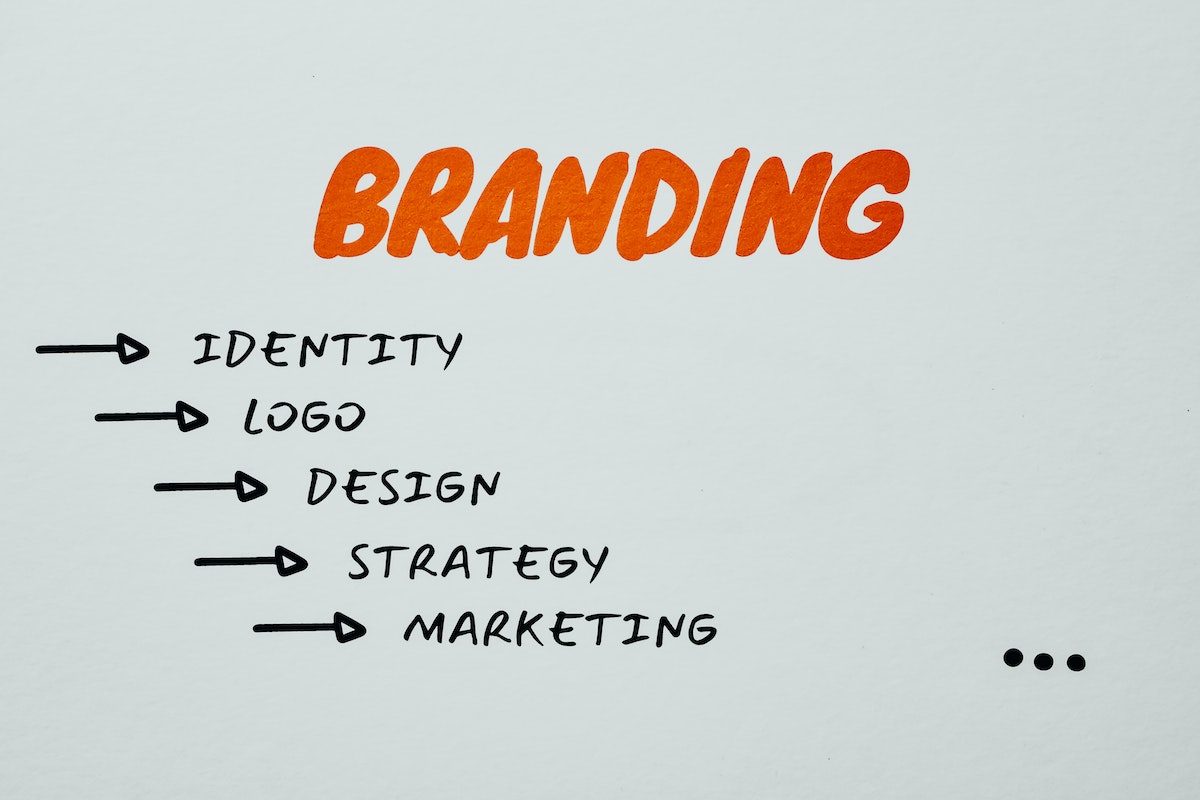Starting a consulting business can be seen as a natural development of a professional career, and a great achievement.
After all, you’ve put in the hours earlier in your career developing valuable skills, what better idea than to monetise them for yourself rather than an employer?
Being your own boss, setting your own hours, and working on a range of projects that interest you without becoming entangled in office politics sound pretty good.
But, for too many people, consulting can devolve into a stressful process of demanding clients, long hours, and a desperate hustle for business.
Below, we’ll discuss four major areas you should consider when starting your consultancy, and how you can avoid the fate of many consultants who fall down in these areas.
1. Marketing and Brand:

Aside from the high-level questions (Who is your client? What problem do they have?) consider the practical problems, such as how are you going to develop a client pipeline?
For many people, their consulting career may start and then develop based mainly on a deep professional relationship with just one or two clients.
Perhaps you feel that client really ‘gets’ you, they show great appreciation for your work and you are aligned with their brand and process.
As an individual consultant, with a limited brand, this is professionally risky.
The key thing to remember is that you are, at the end of the day, an expense to them.
If you have got your pricing right (see below), you are probably a considerable expense, that could done be cheaper in house.
Perhaps the first rule of consulting should be – never fall in love with a client.
Instead, as a consultant far more than as an employee, you need to develop your personal brand.
Sadly, shy consultants are rarely successful.
To secure your livelihood, you need to see networking and brand promotion as a cost of doing business.
How you do this will depend on your situation, and it doesn’t mean spamming LinkedIn with generic fluff every day.
But it might mean thoughtfully curating and sharing content that you come across and think could be valuable to your professional network.
It could even mean a weekly or monthly newsletter, giving your thoughts on the current issues in your industry.
It might also mean getting a professional website done, laying out your services and asking previous clients or co-workers for testimonials.
Speaking at industry conferences and events might even be possible, if you have developed a reputation.
All of this is intended to show-off your expertise and keep you front-of-mind for those looking for that expertise.
2. Pricing:

How are you going to price your services?
Time?
Is there a better way?
Many or most small consultancies charge for their time, either directly or via project-based pricing that is time- (or time-and-materials) based.
This is logical and straightforward while you establish yourself, but it does put a cap on your earnings, and it means that your compensation is divorced from your value creation.
In due course, you may wonder if there is a different way.
Well… there is.
Large consultancies often price engagements based on value creation for the client.
Now admittedly, this is often difficult to do, both because of client expectations and the isolation of your direct value add to the client.
But there are areas where it is possible to identify your impact quite accurately.
A digital marketing consultant charged with improving website content, SEO and brand could reasonably be rewarded based on unique site visits per day and average time on the site, perhaps against a baseline average of the four weeks prior to the start of the engagement.
A business process consultant in a call center context could be assessed on improvements in appropriate performance metrics (e.g. customer satisfaction, average call duration, average caller wait time) of a team implementing the recommended process changes versus an equivalent control team that does not.
Value-based pricing will require some thought, but it is achievable in many cases, and by linking your reward to your value, can have dramatic effects on your compensation while maintaining client satisfaction.
3. Delivery:

How will you deliver your service?
How far can you productise your consulting service?
As consultants, there is a tendency think each client is unique.
While this is true up to a point, the productization of your service will allow you to standardise processes and improve efficiency.
This can take many forms, and doesn’t have to relate solely to your service delivery.
Standardising the client onboarding process by having a set list of questions you cover in a kick-off meeting will help to ensure your capture client information that may be critical later.
One obvious area where a combination of productisation and proper pricing can be beneficial, is exploratory and introductory calls early in the client acquisition process.
These calls, often planned for 20 minutes in response to a lead, require preparation time and often run on if the conversation becomes unfocused.
A sad truth is that when something costs nothing it is often valued at nothing.
Requiring potential clients to make a small downpayment for the use of your time is not a big ask.
So, consider taking those offers of a ‘free introductory call’ off your website and email signature.
Instead, substitute an offer for a 20-30 minute introductory call at a price appropriate to your normal hourly rate.
This is still a discount for the client, as you aren’t charging for the research time you will undoubtedly have to put in.
By imposing a small barrier, the client needs to demonstrate that they recognise you are a professional, and your time is your livelihood.
This will also focus the client’s mind on the value they want to derive from the call, in return for their investment.
If you have a clear checklist for what you want to get out of the call, such as lead qualification (perhaps using BANT, or a similar framework), you can rapidly assess whether there is potential alignment and a need for your services.
4. Growth:

Do you have a vision to expand and build a business?
Many consultants are happy to remain a one-man band for their entire career.
A common desire, however, is to build a business that can sustain itself, and perhaps later be sold.
The single biggest obstacle to scaling a consultancy is recruiting and retaining high-quality talent.
Many consultancies fail to scale because the expertise of the founders cannot be sufficiently productised (see above!) and a robust pipeline of talent cannot be developed.
Establishing links with a local university or college to offer opportunities to students can be a low-risk way to establish a high-potential recruiting pipeline.
While the rules around apprenticeships will vary by country to country, and care should be taken that the work is relevant to the students’ field of study, internships can act as an excellent extended interview process, allowing you to make offers to the most promising students upon graduation.
Graduate students in particular will often have extensive theoretical knowledge that makes them ideal for technical tasks.
A lack of practical experience means that interns will generally require more supervision initially, but if done well this can be an excellent investment.
Client exposure can be scaled up gradually as they become more familiar with professional ways of working and communicating effectively.
This article has laid out some of the less-well known decisions you can make early in your career as a consultant to give yourself the best chance of long-term success.
It is not comprehensive, and many other factors will play into making your business a success.
For example, organising your own professional development and keeping current with market norms and standards, even when your client doesn’t have an immediate need for them, is essential.
Establishing yourself as a consultant can be challenging and exciting experience.
All consultants suffer from imposter syndrome at some point, and running your own business alongside delivering for clients is something you will not always look forward to.
With some foresight and planning, however, consulting can be an enjoyable, varied (and remunerative) way to develop new skills, experience new industries, and solve new problems.






























